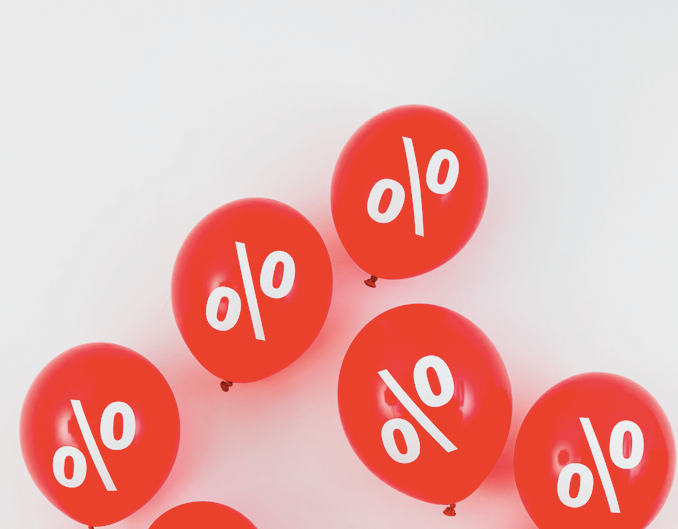
Last year, one in five people were turned down for a personal loan or credit card. Over 40% of these were rejected because of poor credit. If you were one of those people, and need to take out a loan, you might think your only option is to look for someone willing to co-sign your application and act as a guarantor. This isn’t necessarily the case, however. It is possible to get a bad credit loan without using a guarantor.
What does it mean to have bad credit?

Bad credit is a term used to describe a person who has a poor credit rating. Your credit score is affected by late payments, defaults, county court judgements, bankruptcy, debt management plans, debt relief orders and too many applications for credit (known as hard searches). Young people often have a poor credit score because they haven’t had time to build up a credit history; the same applies to people who have recently moved to the UK.
Most lenders will look at your credit rating before approving a loan application, using one of three main credit agencies: Transunion (formerly CallCredit), Equifax, or Experian. Each of them places a score on your credit history. The lower your score, the poorer your credit rating and the harder it is for you to get credit.
You can check your credit score for free through each of the credit agencies. This is something you should do before applying for a loan as it will give you a clearer idea of the type of loans you might be approved for.
What is a bad credit loan?
Technically, there is no such thing as a bad credit loan. It’s a term used to describe the type of loans people with poor credit ratings are likely to get approved for. They have higher interest rates, and lenders may place restrictions on borrowers that reduce their risks of not having a loan repaid. Bad credit loans can be secured, against your home if you’re a homeowner, or property such as land or a vehicle, or unsecured. Bad credit secured loans tend to be of a higher value, at least £10,000 plus with many lenders.
Remember, if you take out a secured loan your home or property could be at risk if you don’t make repayments. However, by using your home or property as collateral, you could secure a better interest rate, meaning it might be worth the risk if you are confident you can make your repayments.
How to get a bad credit loan

If you want to apply for a bad credit loan, the first thing you need to do is look up your credit score. Over 40% of people have never checked their credit rating and a further 20% haven’t checked it in the last three years; if you don’t know what your score is, you can’t make informed financial decisions. You also need to create a budget of all your income and expenditure, so you know how much you can realistically afford to pay back each month.
Once you know how much you can repay, you can start looking for loans. You want to avoid hard searches as this will negatively impact your credit score, so use online sites that only conduct soft loan searches, giving you a good idea of which lenders are likely to approve you.
You apply for bad credit loans in just the same way you would any other loan, researching the best rates for your circumstances and completing an application either online or meeting a lender face-to-face. Many lenders give you an answer immediately and make money available within 24 hours of approval.
Only apply for loans you have a good chance of being approved for and only for one loan at a time as every application will appear on your credit report. Multiple applications for credit within a short period make lenders nervous that you aren’t managing your money well and you want to avoid this impression.
Making repayments
If you are approved for a loan, it’s important to stick to your budget so you know you can make repayments. Don’t take out any more debt during the loan period, reducing the risk of your missing payments and further damaging your credit score. By making repayments on time, you will positively impact your credit score, making it easier for you to get credit, and a better interest rate in the future.
If you are at risk of missing a payment, speak to your lender straight away to discuss your options. You might also want to speak to a debt advisor through organisations such as StepChange or Citizens Advice who can speak to your lenders on your behalf.






